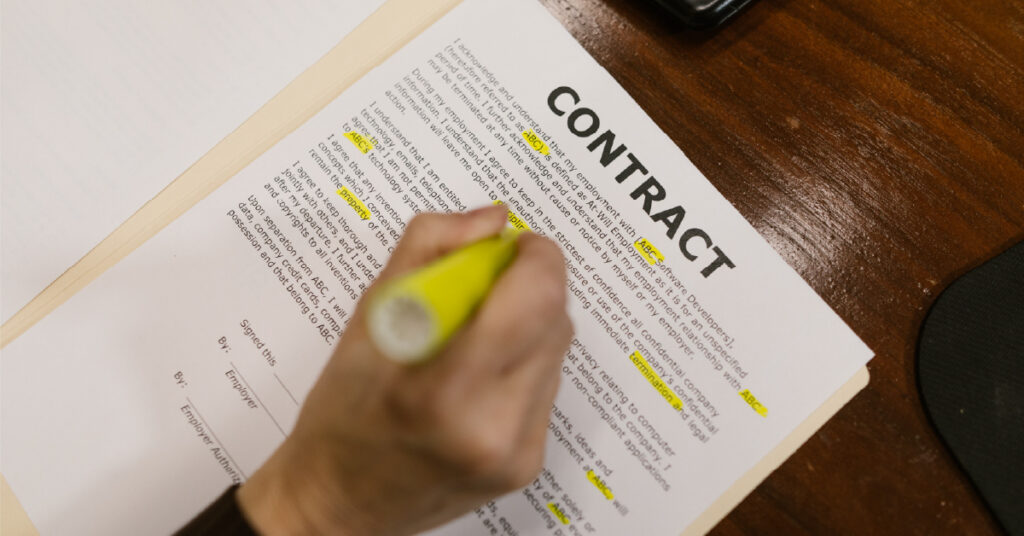Running a successful business in Singapore is more than just a great product or service. Understanding and adhering to Singapore’s legal and regulatory landscape is crucial for your business. This guide simplifies the complexities of compliance, helping you avoid costly penalties and maintain a reputable image.
Why Compliance For SMEs Matter
Compliance isn’t just about avoiding fines. It is more like a set of rules that ensure your business in Singapore operates ethically and professionally. According to a Straits Times article, regulatory compliance is also highly and efficiently policed, with the amount of income tax and penalties recovered in the past 4 years exceeding $270 million. Non-compliance can lead to:
- Financial penalties: Fines can significantly impact your bottom line.
- Legal action: Serious breaches could lead to lawsuits or even business closure.
- Negative publicity: News of non-compliance can damage your reputation and deter customers.

Understanding Singapore’s Regulatory Landscape
Every business, regardless of industry, is subject to some level of regulation. Here are some key areas:
- Employment Act: This Act outlines mandatory employee benefits, salary payment timelines (within 7 working days after the end of wage period) and leave entitlements.
- Personal Data Protection Act (PDPA): This Act governs how businesses in Singapore collect, use, and store personal data. Businesses must appoint a Data Protection Officer (DPO) to oversee compliance.
- Industry-Specific Regulations: Certain industries have additional regulations. For example, F&B businesses in Singapore require a Food Shop & Supermarket licence from the Singapore Food Agency (SFA).
Compliance Based on Business Structure
Your business structure also determines the liability you hold and the regulations that your business would have to adhere to. Here’s a breakdown of the most common structures:
- Sole Proprietorship: The simplest structure, but the owner has unlimited liability for business debts.
- Limited Liability Partnership (LLP): Partners share profits and losses, but their personal liability is limited to their capital contributions.
- Limited Company (Pte Ltd): The most common structure for larger businesses. Shareholders have limited liability, meaning their personal assets are protected.
If you are an aspiring business owner and are wondering which business structure is most appropriate for your business, check out our previous article for a key comparison between the different structures available and a summarised guide on starting up your business. Once you have determined the type of business to set up, you will be able to determine which regulations are most relevant to your business.
Depending on the nature of your business, you may also require licensing obligations from the relevant authorities to show compliance and be able to operate. For example, if you are starting a pet shop, you would need a Pet Shop License.

ACRA BizFile: Your Compliance Partner
ACRA BizFile is a one-stop online platform for businesses to meet their compliance requirements. Some key services include:
- Business Incorporation: Register your business as a sole-proprietorship, Limited Liability Partnership (LLP) or Limited Company (Pte Ltd).
- Business Name Registration: Secure your business name.
- Annual Returns Filing: File your annual reports with ACRA.
In addition to ACRA BizFile, another important website that some business partnerships, such as limited liability partnerships (LLP), should be familiar with is the myTax Portal by IRAS. SMEs in Singapore may also be required to file their corporate income tax returns in order to be compliant with IRAS regulations. Although there may be a number of statutory requirements to be met, your business should be diligent in ensuring regulatory compliance in order to be permitted to remain operational.
Compliant With Contract Law
Compliance can also arise from agreements or contracts for service for professional services entered into by your business. Contract law governs the legally binding contractual obligations that your business has agreed to perform or deliver. Here’s what to consider:
- Service Agreements: These contracts outline the services your business agrees to provide to a client.
- Tenancy Agreements: These agreements govern the terms of your business lease, including rent tenure, payment terms and other conditions.
Invalidating any contractual obligations, such as defaulting on payment terms, can open your business to lawsuits and affect the credibility of your business. Business owners can look for online resources that provide contract templates such as service contract templates or employment contract templates (the Ministry of Manpower has sample contracts free for use), and consult lawyers to ensure that their contracts are well drafted.
Maintaining Compliance: A Proactive Approach
Here are some ways to ensure your business in Singapore stays compliant:
- Seek professional advice: Consult lawyers and accountants for guidance on complex regulations.
- Stay updated: Regularly monitor government websites or news for changes in regulations.
- Conduct internal audits: Review your business practices regularly to identify and address any potential compliance gaps.

Poss Capital: Your Business Financing Partner
Complying with regulations can be time-consuming. Poss Capital understands the challenges faced by SMEs. We offer quick and easy access to business loans and working capital loans in Singapore, with no early repayment penalties. Let us help you free your time and resources to focus on legal compliance and growing your business. Contact us today.